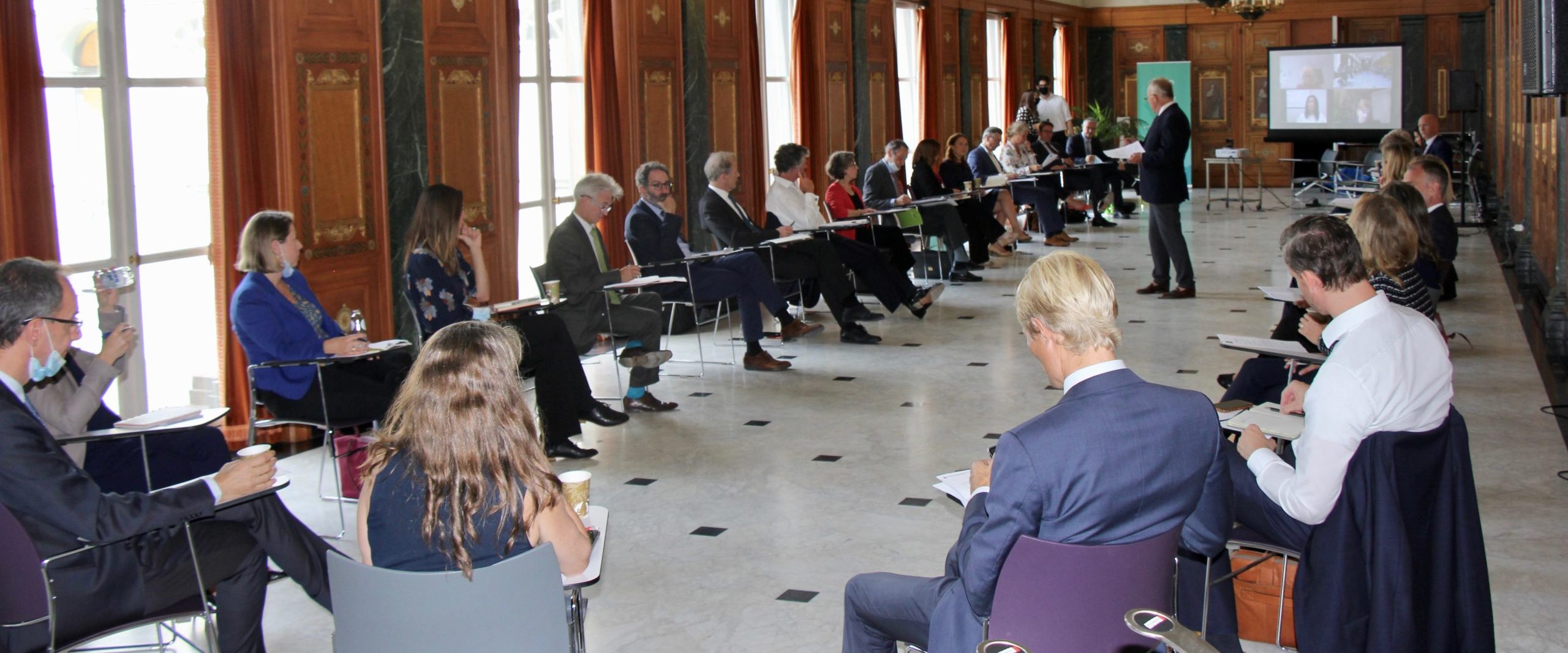Hate speech and misinformation in Ethiopia
This event is co-hosted by the European Institute of Peace and the Institute for Peace and Security Studies (IPSS)
DATE: 2 JUNE 2021
TIME: 8.00-11.00 CET
LOCATION: HYBRID CONFERENCE (SHERATON HOTEL, ADDIS ABABA & ONLINE)
Hate speech, misinformation, and fake news have thrived in the Ethiopian media ecosystem, and particularly online. This is strongly correlated with significant, tragic, real-world events.
During times of instability, hate speech and misinformation contributed to violence and conflict, for example in the June 2019 regional coup attempt in Amhara, the clashes in Mota in December 2019, and the violence in Oromia in October 2019 and June/July 2020. The conflict in Tigray that started in November 2020 gave rise to another wave of misinformation. Often this has resulted in internet shutdowns – sometimes limited in scope, at other times cutting communications across Ethiopia.
With the national elections around the corner, it is a good time to take stock of the challenges ahead, and the most effective policy responses the new government could pursue. How big is Ethiopia’s challenge? Are there specific election-related risks? What has been effective in addressing the issue – and what not? What new approaches can be considered to deal with hate speech, misinformation, and fake news?
This event will bring together a variety of stakeholders, including government representatives, academics, civil society, and international organisations to discuss these questions.
8.00 CET – WELCOMING REMARKS
- Yonas Adaye Adeto, Institute for Peace and Security Studies (IPSS)
8.15 CET – KEYNOTE ADDRESS (TBC)
8.30 CET – PANEL DISCUSSION: HATE SPEECH AND MISINFORMATION IN ETHIOPIA
- Mark Gilkes, European Institute of Peace
- Tekalign Nega, Balinjeraye
- Kassaye Damite, Asham TV
Moderator: Yonas Adaye Adeto, Institute for Peace and Security Studies (IPSS)
9.15 CET – TEA/COFFEE BREAK
9.30 CET – Q&A SESSION
10.30 CET – CLOSING REMARKS
- Sandy Wade, European Institute of Peace
FURTHER INFORMATION
READING SUGGESTION

